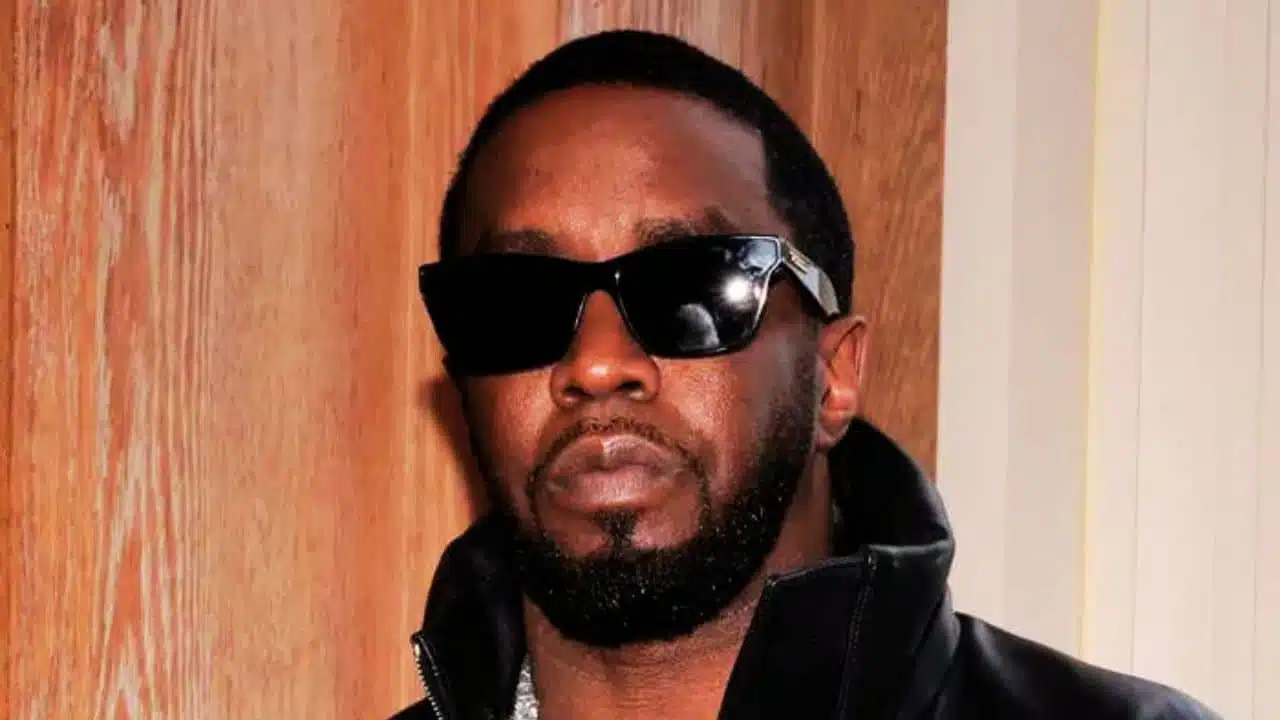Sean “Diddy” Combs and his legal team are attempting to secure a gag order in his ongoing federal sex trafficking and racketeering case, which would silence public statements from his alleged victims, their lawyers, and potential witnesses. This effort, however, is encountering significant resistance. Both federal prosecutors and Douglas H. Wigdor, a prominent attorney representing singer Cassie Ventura, oppose the motion on grounds that it unjustly stifles those who claim to have experienced or witnessed abuse.
Legal Pushback from Cassie’s Attorney
Douglas Wigdor, who represents Cassie Ventura, responded to Diddy’s request with a strongly worded letter to Judge Arun Subramanian. Filed on November 1, 2024, Wigdor’s letter argues that the gag order would undermine the voices of victims and their ability to discuss their experiences openly. Wigdor’s position reflects an advocacy for victims’ rights, asserting that silencing them is “an affront to their bravery” and harmful to others who might fear speaking out due to stigma or retaliation.
Wigdor’s letter emphasizes that victims of sexual violence should not be legally restricted from sharing their stories, especially when doing so could encourage other survivors to come forward. In his letter, Wigdor argues that preventing victims from publicly discussing their trauma could discourage others who may feel inspired by their bravery and resilience. He added that Diddy’s motion, which would bar any public statements from potential witnesses, was overly broad and would cover anyone who has made accusations against Diddy, essentially silencing a broad spectrum of voices.
In making his case, Wigdor pointed out the inconsistencies in Diddy’s stance, highlighting how the music mogul’s family and lawyers have already publicly defended him. Wigdor noted a specific example: an Instagram post made last month by Diddy’s family, where they referred to “accusations, conspiracy theories, and false narratives” directed at Diddy. Wigdor’s letter argues that if Diddy’s family and legal team can speak publicly, alleged victims should not be selectively barred from doing so. This inconsistency, Wigdor asserts, makes Diddy’s request to restrict victim statements “particularly inappropriate.”
Cassie’s Initial Lawsuit Against Diddy
Cassie Ventura, who rose to fame as a singer, filed a lawsuit against Diddy in November 2023. Her legal claims detailed a range of alleged abusive behaviors, painting a troubling picture of their relationship, which spanned nearly a decade. Cassie’s allegations included claims of rape, sex trafficking, and multiple instances of physical abuse, which she said escalated as time went on. Her lawsuit portrayed an environment where she felt coerced and controlled, subjected to acts that she alleged were orchestrated by Diddy.
In her suit, Cassie detailed shocking claims, such as Diddy allegedly forcing her to engage in sexual acts with other male partners while he watched, sometimes recording these interactions. She also accused Diddy of coercing her into carrying a handgun, despite her clear discomfort with firearms. Cassie’s lawsuit also claimed that Diddy frequently supplied her with drugs and alcohol, which contributed to a substance abuse issue she struggled to manage. Cassie claimed that these actions were part of a cycle of coercive control and manipulation that intensified throughout their relationship.
Allegations Involving Other Individuals
Beyond her direct experiences, Cassie’s lawsuit also included allegations that Diddy displayed violent and retaliatory behavior toward other individuals. One of the most publicized claims involved rapper Kid Cudi. Cassie alleged that during a rocky period in her relationship with Diddy, she had a brief romantic encounter with Kid Cudi in 2011. According to Cassie, when she reconciled with Diddy and he discovered email exchanges between her and Kid Cudi, his anger grew. Eventually, she claimed, this anger escalated into a disturbing threat.
According to the lawsuit, in February 2012, Diddy allegedly told Cassie he planned to blow up Kid Cudi’s car and wanted to ensure the rapper and his friends were inside when it happened. Cassie’s lawsuit further claimed that around the time of Paris Fashion Week in 2012, Kid Cudi’s car exploded in his driveway. While no criminal charges were brought related to the explosion, the inclusion of this incident added another layer to Cassie’s claims of intimidation and threats from Diddy. Kid Cudi has not directly commented on the allegation, and neither have any law enforcement authorities confirmed any investigation related to the incident.
The Swift Settlement of Cassie’s Lawsuit
Cassie’s lawsuit against Diddy was resolved quickly. Within just one day of filing her claims, the case was settled out of court. Although settlement terms were not disclosed, Diddy’s attorney Ben Brafman issued a public statement at the time, emphasizing that Diddy’s decision to settle should not be interpreted as an admission of guilt. In Brafman’s words, “Just so we’re clear, a decision to settle a lawsuit, especially in 2023, is in no way an admission of wrongdoing.”
Brafman stressed that Diddy still “flat-out denied” all allegations of misconduct and was satisfied that a mutual resolution had been reached. He concluded his statement by wishing Cassie the best, signaling a desire to put the legal matter behind them without further public confrontation. However, the swift nature of the settlement has raised questions in the public domain, with some speculating that Diddy’s team sought to avoid the potential fallout of a prolonged legal battle that could have exposed more details of the case.
Broader Legal Implications and the Federal Investigation
Following Cassie’s lawsuit, Diddy has faced an increasing number of accusations from other individuals. This uptick in legal complaints prompted a federal investigation into allegations of sex trafficking and racketeering. Currently, multiple lawsuits are in play, each bringing new claims against Diddy, with at least seven filed since Cassie’s initial case. Some of these claims involve anonymous accusers represented by attorneys who have filed on behalf of other alleged victims of Diddy’s misconduct.
Diddy’s legal team, in response to the growing media attention, requested a gag order to minimize the risk of public statements potentially swaying the case’s outcome. They argued that open statements from alleged victims could prejudice the proceedings, making it difficult for Diddy to receive a fair trial. Federal prosecutors, however, have pushed back, contending that such restrictions could infringe upon the rights of the alleged victims and hamper their ability to openly discuss their experiences.
As Diddy’s legal team continues to advocate for a gag order, the court must consider both the defendant’s right to a fair trial and the rights of the alleged victims to speak openly. Legal experts say that cases like this often test the balance between these competing interests, especially in high-profile situations where the media plays a significant role in public perception.
Ongoing Developments in the Case
Diddy’s request for a gag order remains under judicial review, with Judge Subramanian expected to issue a decision in the near future. The case highlights the complex interplay between victim advocacy and the protections afforded to defendants under the law. Diddy’s team has remained steadfast in their denials of all allegations, seeking to contain the narrative by limiting public discourse on the accusations. Meanwhile, the opposition from Wigdor and the federal prosecutors illustrates the broader legal and ethical stakes, underscoring a need to preserve the voices of alleged victims while ensuring due process.
As this case unfolds, it has become a focal point in discussions about victim rights, celebrity influence, and the challenges of handling high-profile sexual misconduct allegations in the court of public opinion. The final ruling on the gag order could set a precedent for how similar cases are managed in the future, especially those involving well-known individuals with substantial media followings.
The Information is Collected from Deadline and Yahoo.





































